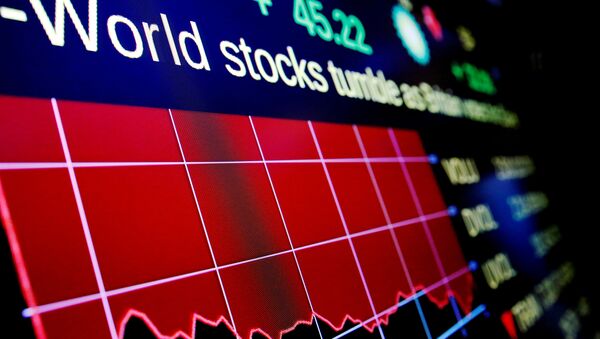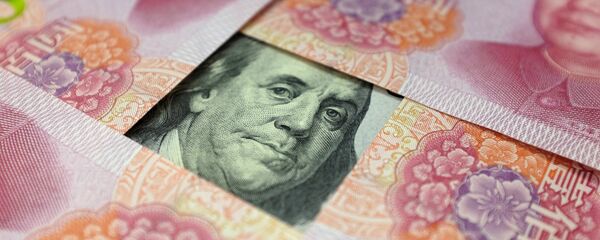The Dow Jones Industrial Average futures lost 400 points after falling as much as 479 points earlier Sunday evening. S&P 500 futures dropped 1.3% shortly after their open Sunday evening, while Nasdaq-100 Index futures dropped 1.5%.
The drop came after Trump indicated on Twitter that the current 10% levies on $200 billion worth of Chinese goods will rise to 25% on Friday. He also threatened to impose 25% tariffs on an additional $325 billion of Chinese goods “shortly.” The two largest economies were reportedly close to a resolution of their trade battle, with negotiations set to resume on Wednesday. However, the president noted that progress is moving “too slowly” as China tries to re-negotiate the terms of the deal.
….of additional goods sent to us by China remain untaxed, but will be shortly, at a rate of 25%. The Tariffs paid to the USA have had little impact on product cost, mostly borne by China. The Trade Deal with China continues, but too slowly, as they attempt to renegotiate. No!
— Donald J. Trump (@realDonaldTrump) 5 мая 2019 г.
According to CNBC, some Wall Street insiders are worried about the effect on the US equity market, fresh off record highs.
“Another turn of the screw tighter Sunday from the President’s hard-ball tactics with the China trade talks and his pair of tweets look like they could unleash a sharp stock market correction,” said Chris Rupkey, a chief financial economist at MUFG Union Bank, in a note. “For weeks now markets have been lulled to sleep on the US trade war with China thinking an agreement was imminent. No more.”
READ MORE: US on Friday to Bump Tariffs 25% on $200bn Worth of Chinese Goods — Trump
“This has all the makings of a complete disaster that could lead the stock market to crater this week and send those external risks to the US economic outlook soaring,” he added.
Shares of US companies with big sales in China may lead the market’s losses on Monday including Apple, Wynn Resorts and various chipmakers on fears China may retaliate. Caterpillar and Boeing could also come under pressure.
However, an attempt to extract a better deal in the future could leave some investors wondering how much longer Wall Street will have to wait for a permanent solution.
Trade officials “kept saying that a deal was imminent, so the market could be disappointed in the near term,” said Bruce McCain, chief investment strategist at Key Private Bank. “I think that some deal was priced into a degree … the market’s baked in a lot of positives.”
McCain said that while an economic recession still looks unlikely anytime soon, he agreed with Rupkey’s expectations for a sell-off and said he wouldn’t be surprised to see a drop in the range of 5% to 10% if trade negotiations stall.
Trump’s tweets contradicted suggestions of a possible deal in the near term from Treasury Secretary Steven Mnuchin and White House chief of staff Mick Mulvaney. Asked Tuesday about Mnuchin’s prior claim that the White House could announce an agreement with Beijing in the next two weeks, Mulvaney said, “I think that’s fair.”



